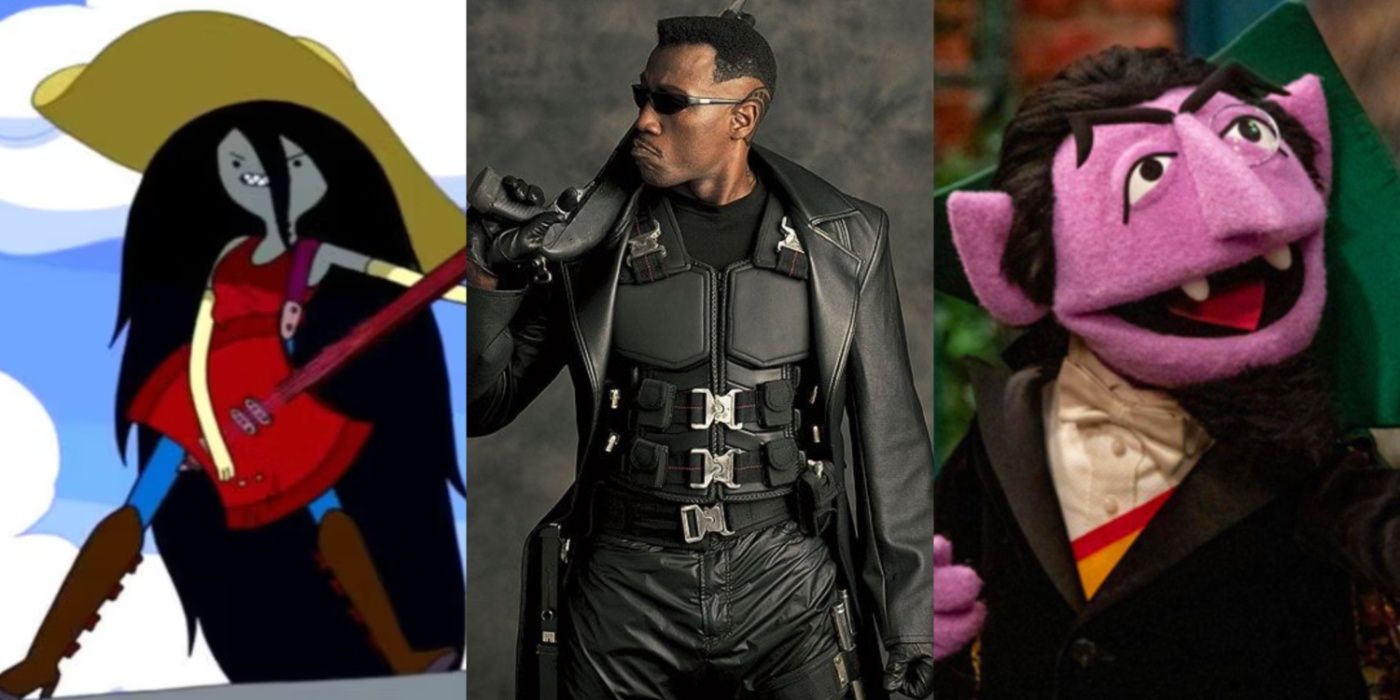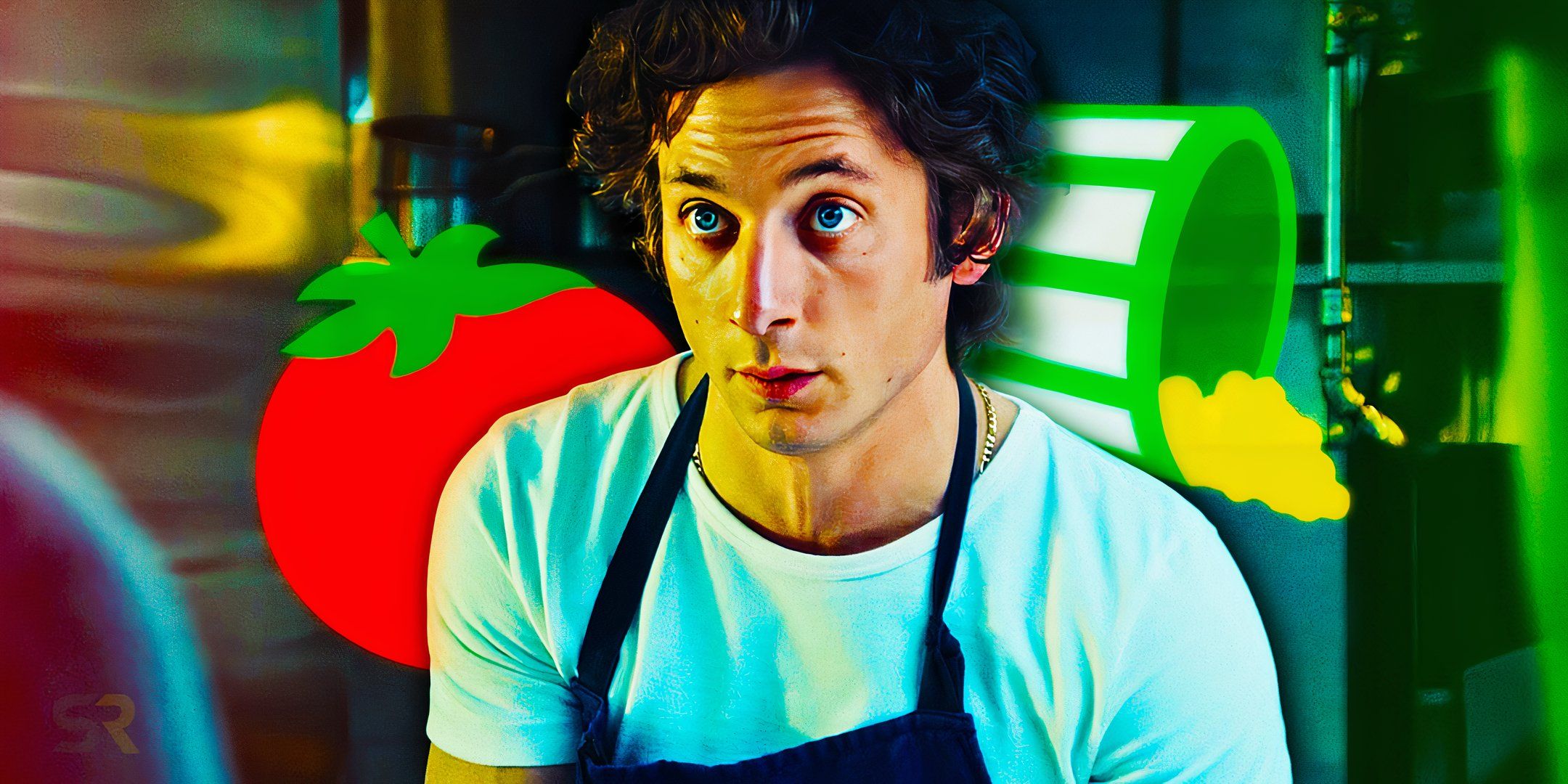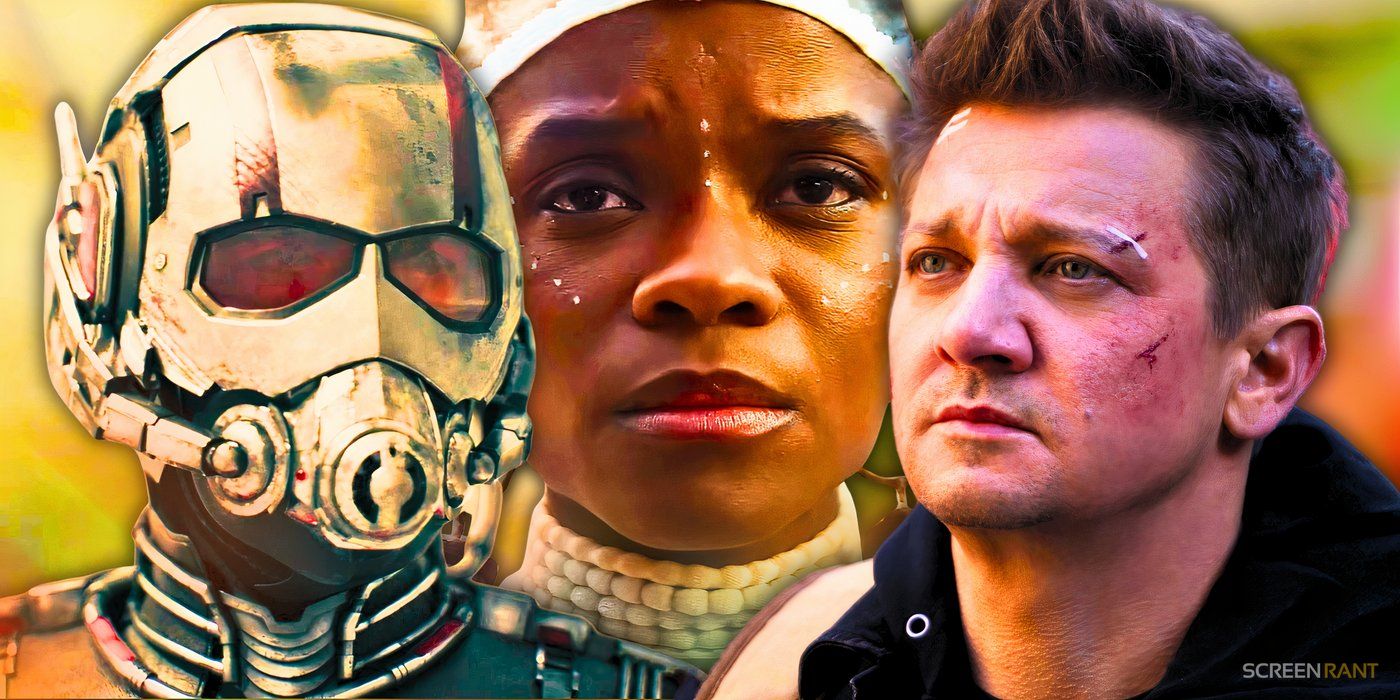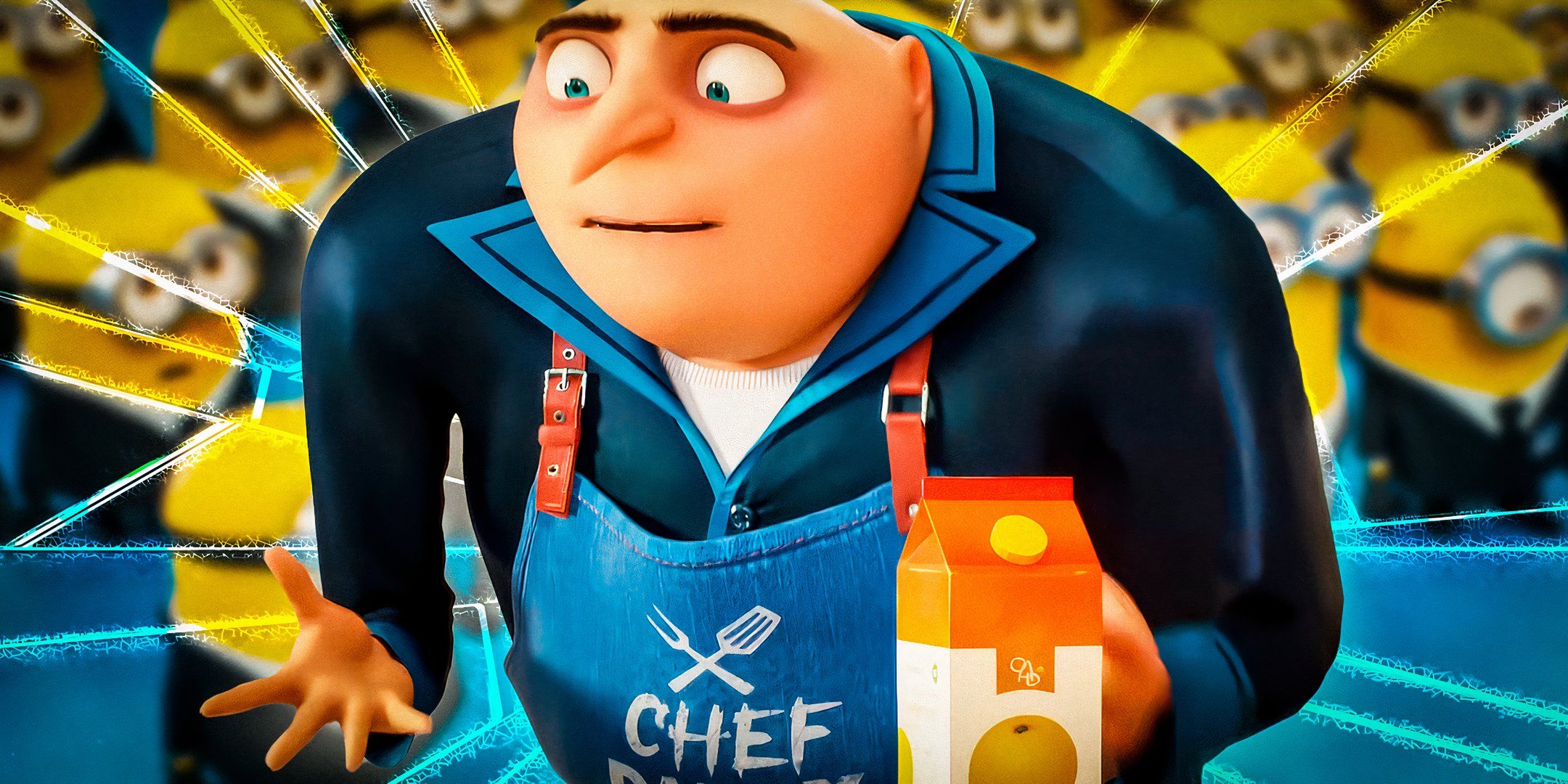Ridley Scott’s two completed Alien prequels have already made significant changes to the series’ established lore, but if the director ever completes his story and continues with his planned narrative, the films risk repeating a tired sci-fi trope. After originating the Alien series in 1979, Scott has revisited and revised the franchise’s narrative. Both Prometheus and Alien: Covenant upended elements of the original story, creating conflicting plot points and narrative details in the process. While much of this is inherently contradictory, one element in particular threatens to turn Alien into an altogether more traditional sci-fi series.
It is currently unclear whether Ridley Scott will ever get to complete his vision for the Alien prequels. After the lukewarm reception to Covenant, Disney decided to take the franchise in a new direction, with a standalone film from director Fede Álvarez and a prequel TV series from Noah Hawley. However, Scott’s involvement as a producer on both projects proves he hasn’t completely abandoned the Alien universe. As such, there remains the possibility that his plans beyond Prometheus and Covenant will someday be completed. While there are many elements from each film that can be considered retcons, one detail is particularly concerning.
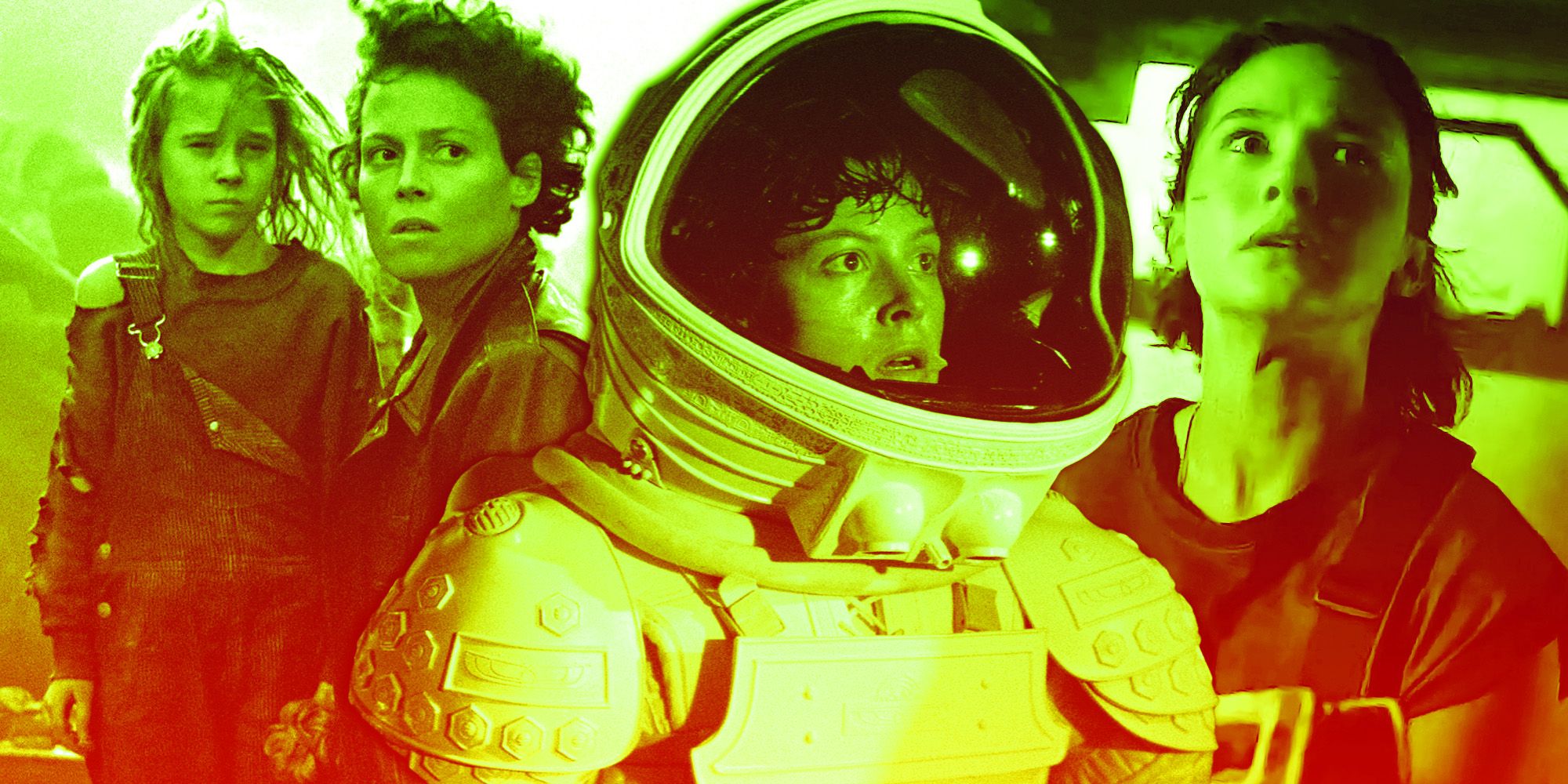
Related
Alien: Romulus Timeline – When It Takes Place Compared To The Other Movies
The ninth installment in the Alien film series, Alien: Romulus, will be released 38 years after the first movie, but it makes the timeline confusing.
Ridley Scott’s Alien: Covenant Set Up David As The Xenomorphs’ Creator
Perhaps the most glaring example of Ridley Scott’s Alien prequels rewriting the franchise’s lore is in their explanation for the creature’s origins. Whereas the 1979 movie presented the xenomorph as a mysterious threat waiting in deepest space for an undisclosed period of time, Alien: Covenant suggested that the xenomorphs were actually created only a few decades previously in the overall Alien timeline by the android David. While there is still some debate about his status as the creature’s creator, Covenant‘s main story and supplementary material make it clear that this is Ridley Scott’s planned direction for the narrative.
Even though David’s new role seemingly upended decades of established franchise lore – not to mention visual clues seen in Prometheus – Covenant made it clear that the android was destined for a central place in the Alien series. Covenant‘s scenes in David’s laboratory showed the meticulous way he had experimented with Prometheus‘ black goo to create a new creature, effectively letting him play God. This transformed the creatures themselves from perfectly-evolved organisms to hastily designed bioweapons. However, it also altered the audience’s perception of David and risked turning him into a sci-fi stereotype.
David Being Responsible For The Xenomorphs Would Mean Repeating An Old Sci-Fi Trope
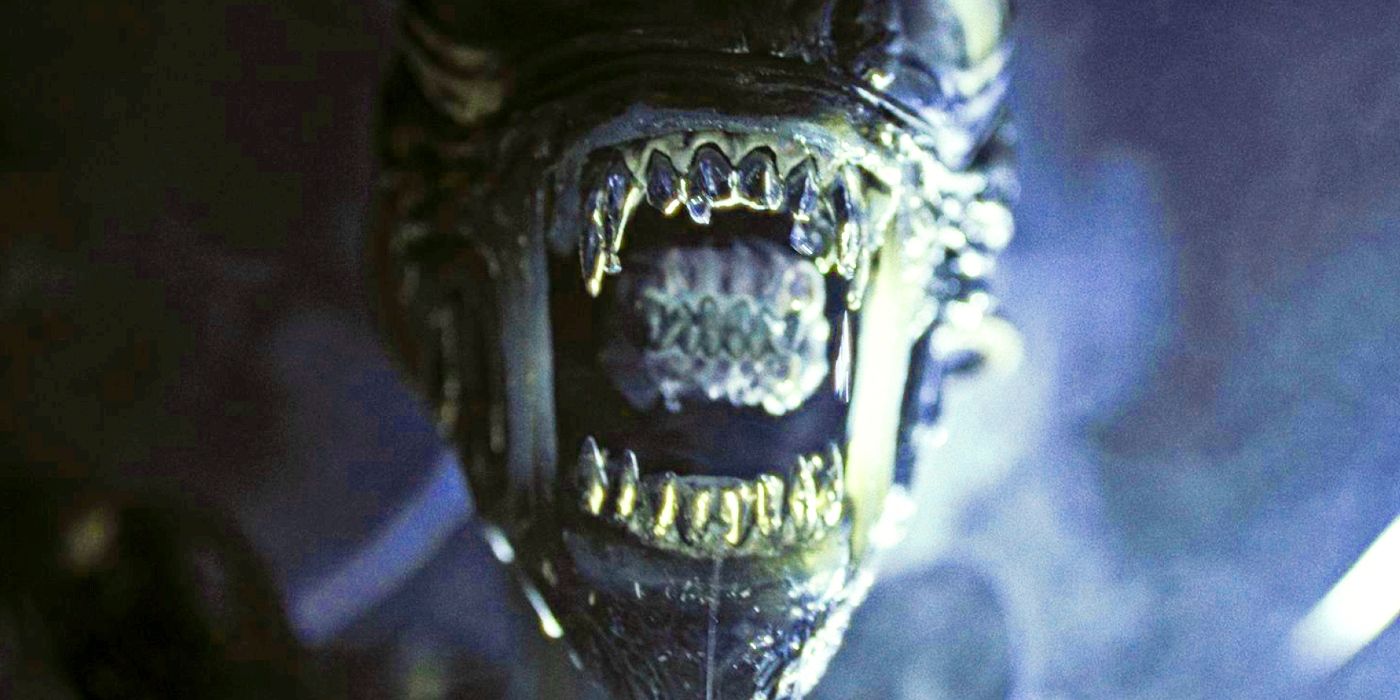
David’s decision to create the xenomorphs completely changed his role from Prometheus. Although his motivations in the first prequel movie were unclear, he was never an entirely malevolent figure. Despite poisoning Holloway with the black goo, for instance, he also helps Elizabeth Shaw escape in the movie’s dramatic climax. Rather than being straightforwardly evil, he is portrayed more like a curious child, experimenting with his surroundings with little understanding of the consequences that could follow. Alien: Covenant changes things completely.
Not only does he use completely amoral means to further his research – killing Elizabeth Shaw and using Christopher Oram as an incubator for his first true xenomorph – but he is also shown to commit genocide against the Engineers inhabiting Covenant‘s planet. He also seems to genuinely revel in his villainy, smiling at Daniels when she realizes with horror that he has replaced Walter on board the Covenant. This development – a trend that would presumably continue in a Covenant sequel – turns David from an intriguingly ambiguous character into one of the most tired tropes in science fiction: a one-dimensional killer robot.
Why David May Not Be The Xenomorphs’ Sole Creator
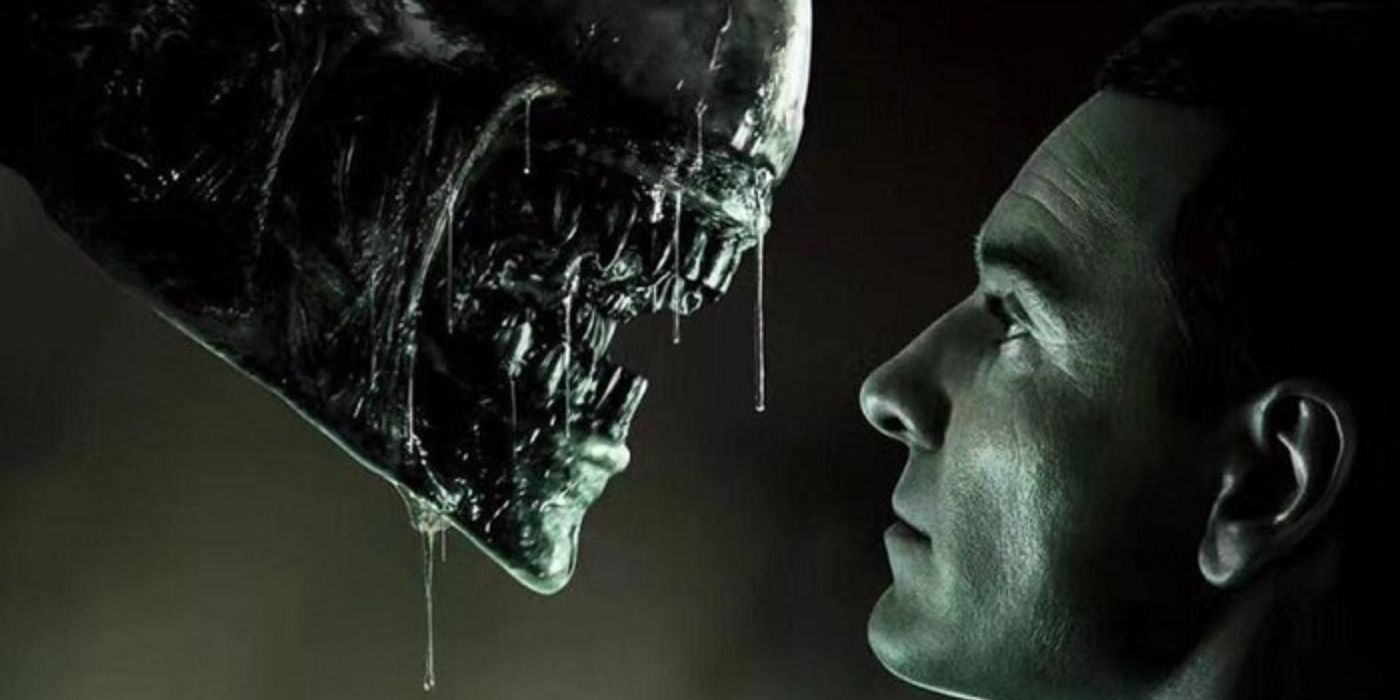
Part of the reason why Covenant‘s revised role for David is so dramatic is that it represents a major retcon, not just from previous installments in the franchise, but from the movie’s immediate prequel, Prometheus. Although Prometheus shares less of an explicit connection to the original Alien film, the movie still features clear indicators that the xenomorph itself has a history that extends far beyond David’s experiments. A mural in the Engineer’s facility, for instance, appears to show a fully-formed xenomorph, flanked by prototypical facehuggers. The so-called Deacon from Prometheus‘ ending also proves that David isn’t the only one capable of creating xenomorphs.
All these clues, combined with the fact that the original egg-laden Engineer ship from Alien is unexplained by either Prometheus or Covenant, indicate that David can’t be the only one responsible for the alien’s existence. In turn, this makes the character’s radical change in Covenant even more of a retcon than it otherwise would be, rendering his conformity to the killer robot trope not just unoriginal, but completely avoidable. The consequence of Scott potentially continuing down this path, assuming his final film gets made, is that the character loses what originally made him so compelling.
Making David Another Rogue AI Sci-Fi Villain Makes His Story Less Interesting
Throughout the Alien series, so-called “synthetics” have played a pivotal role in almost every installment. Ian Holm’s Ash was memorably revealed to be a villain, whereas Lance Henriksen’s Bishop became a crucial ally for Ripley. Even Winona Ryder’s Call asked existential questions about what it means to be human, continuing the franchise’s trend of using robots to explore nuanced aspects of the human experience. After his role in Prometheus, David was arguably the best example of this more subtle approach.
David’s ambiguous role, uncertain relationship with his human colleagues, and questions about his own existence and purpose all helped make him Prometheus‘ most compelling character. Despite doing bad things, it was never quite clear whether he understood the immorality of his actions. Alien: Covenant, by contrast, sets him on a different path. If, as the movie suggests, he really is solely responsible for this dangerous, virus-like lifeform, with full knowledge of the threat it poses, his planned future story loses all ambivalence. Instead of a flawed, contradictory, and surprisingly human character, he will become a cliché.
Of course, Covenant‘s story may have removed doubt about the alien’s origins to such an extent that no redemption for David is possible. Furthermore, the planned future of Fede Álvarez’s Alien: Romulus movie and Noah Hawley’s Alien TV show could mean that Ridley Scott’s plans are not only never completed, but are even completely removed from the franchise’s lore. However, given that David remains the prequels’ best character, it would be a shame if the lasting impression of him is as a generic AI villain of the sort seen in dozens of sci-fi films, instead of something more indeterminate and interesting.
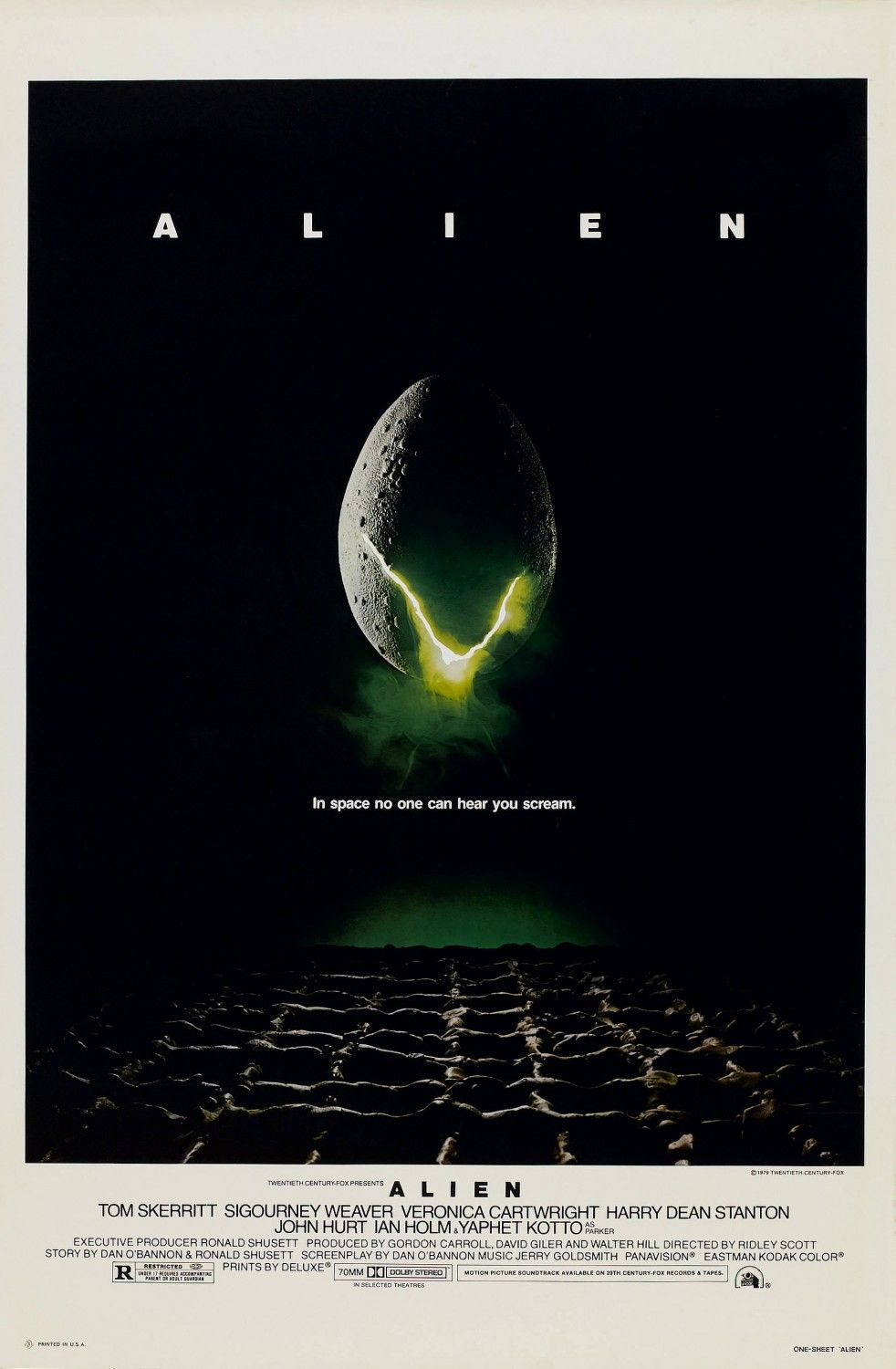
Alien (1979)
- Director
-
Ridley Scott
- Release Date
-
June 22, 1979
- Cast
-
Sigourney Weaver
, Ian Holm
, John Hurt
, Veronica Cartwright
, Harry Dean Stanton
, Tom Skerritt
, Yaphet Kotto - Runtime
-
117 minutes


